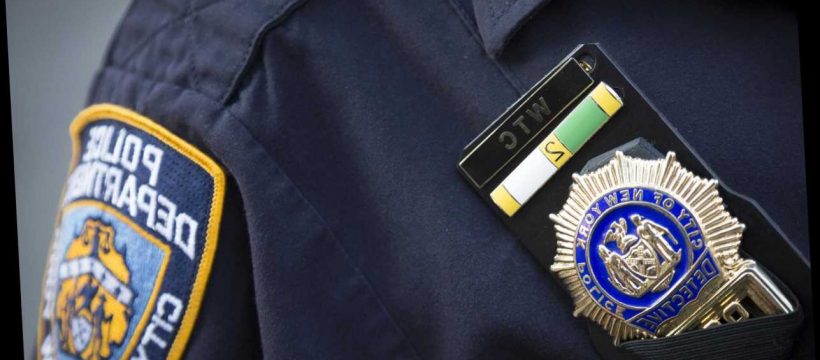What is killing our cops? And what can be done about it?
It is alarming that the NYPD — with 10 officers taking their own lives this year alone — has a suicide rate twice the national average. It is all the more troubling because cops are pre-screened for mental wellness before being hired.
Of course, one must resist the inclination to automatically ascribe these terrible events to work-related stressors. In fact, for some in a mental health crisis, work can be a respite, a tonic from stresses people are buffeted by in their off-duty hours.
But it’s impossible to ignore that over the past several years policing has become an impossible calling. Suicide is but the most dramatic indicator of the sickly state of American police agencies.
Cops today tell a story of feeling like they are the hunted and disposable. It is easier for the political class to bury them than to defend them. Inside their workplaces they feel their major objective is to avoid conflict, to just get through the day, a sense of purposeless is pervasive. On the street, even the most routine interactions are fraught as their authority has been eviscerated.
Cops feel at sea, helpless and, in many cases, hopeless about the work they do. The one bright spot? The day, even if it’s decades away, that they can leave. It is not carpe diem — it is carpe pension.
Many of those drawn to the work are take-charge people who are motivated to help people. To find their agency handcuffing and thwarting them, to be demonized and scorned is an impossibly surreal experience for many, and for some may be the seeds of their unraveling.
The NYPD, an agency that bombards its uniformed workforce with negative and career-threatening messages, is not seen as a dependable or trustworthy partner to turn to in a time of crisis.
Now is the time to create cutting-edge models to intervene in the lives of officers who feel buried and emotionally spent. It is a myth that the suicidal want to die, it is cessation of pain they seek, not their own demise. The American Psychological Association says that all suicidal thoughts are “transient and treatable.” Peer support — the support of other officers — has proven to be a powerful inoculator and antidote to cops in their darkest times.
Now is the time for officers — on the job and those who have left it — to rally around those experiencing turbulence in their lives.
NYPD officers who need to talk to someone in confidence can call POPPA @ 212-298-9111.
Eugene O’Donnell is a John Jay College of Criminal Justice professor and former NYPD officer and Queens prosecutor.
Source: Read Full Article
